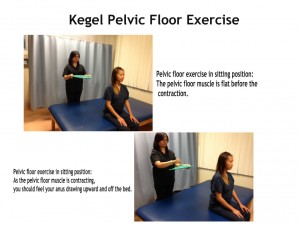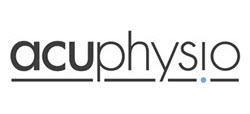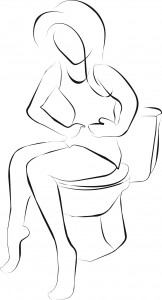What is Pelvic Floor Rehabilitation?
Pelvic floor rehabilitation is a therapy program for men and women with pelvic floor dysfunction such as bowel and urinary incontinence, constipation, and/or pain in the pelvic region. This includes: abdominals, buttocks, pelvic floor, tailbone, vagina, rectum, penis or testicles. The pelvic floor muscles are skeletal muscles (muscles under voluntary control) that may become weak, tight or spastic as a result of disuse, surgery or trauma. As the program is focused on the neuromuscular component, medical clearance is required by your physicians.
Who can benefit from the Pelvic Floor rehabilitation program?
Many people, regardless of gender, experience pain or incontinence of urine or stool with:
- coughing
- sneezing
- exercising
Some women develop:
- increased tension in pelvic floor muscles
- stress and urge incontinence
- vaginal pain with intercourse, tampon use or tight clothing
Many men have problems with:
- chronic genital or groin pain
- frequent urination
- burning with urination (diagnosed as chronic prostatitis)
- post prostate surgery pelvic pain and urinary incontinence
What does Pelvic Floor Rehabilitation involve?
About one hour thorough examination will be conducted at the initial evaluation. A treatment program will be tailored based on the examination findings. Each treatment session is about 45 minutes. As we employ an integrative intervention approach, there are various treatment interventions at our disposal and that include:
- pelvic floor muscle surface EMG (or biofeedback)
- exercise program
- manual therapy
- electrical stimulation

- laser
- acupuncture
How long will Pelvic Floor Rehabilitation program take?
Everyone is different. A plan of care is designed based on the individual conditions, needs and goals. Usually we expect about 50% overall symptom reduction or self report overall improvement in 6 to 8 visits. The course of therapy is about 10 to 12 sessions.
Does my insurance cover for the service?
It depends on your insurance coverage but most of them cover for the service if it is medically necessary.

